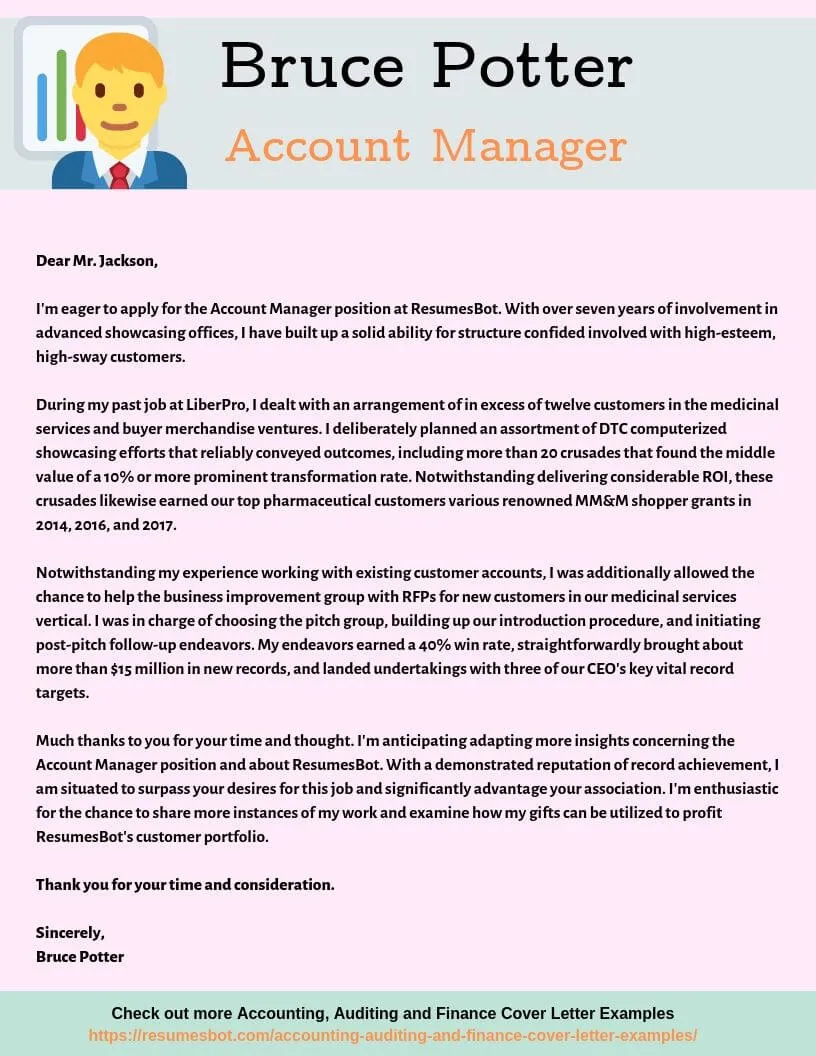Understanding the Importance of a Cover Letter
In the competitive landscape of job applications, a well-crafted cover letter can be the key to unlocking your dream job. It serves as your first impression and provides a unique opportunity to showcase your personality, skills, and enthusiasm for the role. While your resume provides a concise overview of your qualifications, the cover letter allows you to delve deeper, offering context and demonstrating how your experience aligns with the specific requirements of the position. Many job seekers underestimate the power of a strong cover letter, which can set you apart from other applicants and significantly increase your chances of landing an interview. It’s an essential tool to highlight your achievements and explain why you’re the perfect fit for the company.
Why Cover Letters Matter
Cover letters offer a platform for personalizing your application, showing you’ve taken the time to understand the company and the role. They allow you to elaborate on specific experiences and skills, providing detailed examples of your accomplishments. A compelling cover letter demonstrates your communication skills, which are crucial in any professional setting. By effectively communicating your qualifications and enthusiasm, you can make a memorable impression on the hiring manager. The cover letter helps bridge gaps, address career changes, and explain any potential weaknesses or gaps in your resume. Moreover, a well-written cover letter shows attention to detail and professionalism, setting a positive tone from the start.
The Role of a Cover Letter in Job Applications
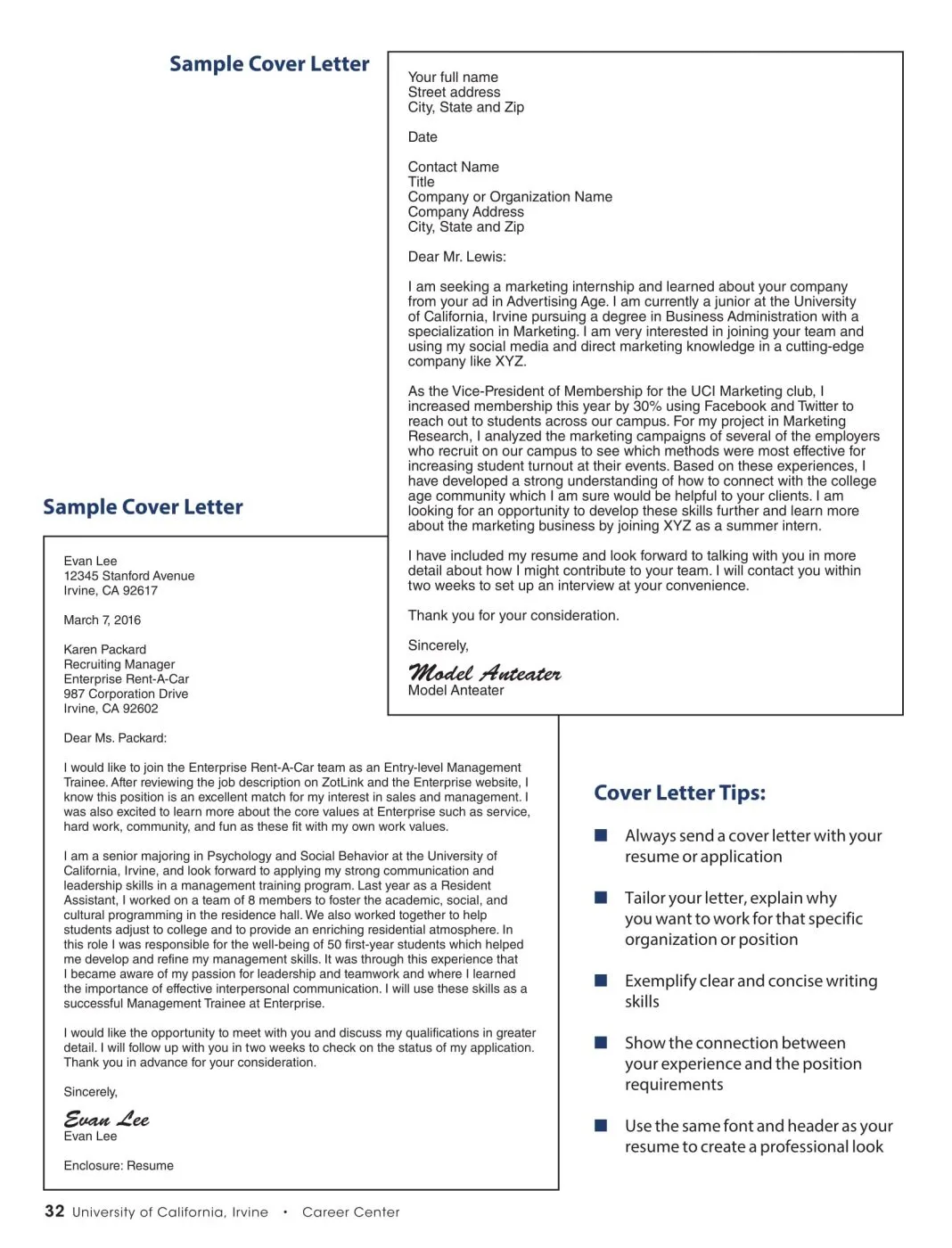
The cover letter serves as a critical bridge between your resume and the job application. It acts as a persuasive introduction, designed to capture the reader’s attention and compel them to delve into your resume. This document allows you to express your personality and professional style, giving the hiring manager a glimpse of who you are beyond your qualifications. It offers a space to address any specific requirements or preferences mentioned in the job description, thereby demonstrating your alignment with the company’s needs. A well-written cover letter can help you stand out among numerous applicants, proving you’re a genuine candidate. Ultimately, it highlights your genuine interest and provides a snapshot of how your skills align with the specific role and company culture.
Key Elements of a Successful Cover Letter
Header and Contact Information
A professional header is the foundation of a cover letter, setting the tone and providing essential contact details. Begin with your full name, address, phone number, and email address at the top. Use a clear, easy-to-read font such as Arial or Times New Roman, with a font size between 10 and 12. Following your information, include the date, and then the hiring manager’s name, title, and company address. Ensuring the header is accurate and well-formatted demonstrates attention to detail and professionalism. This initial section is the first point of contact and should be clean, concise, and easily accessible, allowing the recruiter to contact you without any hassle. The header gives structure to the document and is an easy way for recruiters to review contact details.
The Introductory Paragraph
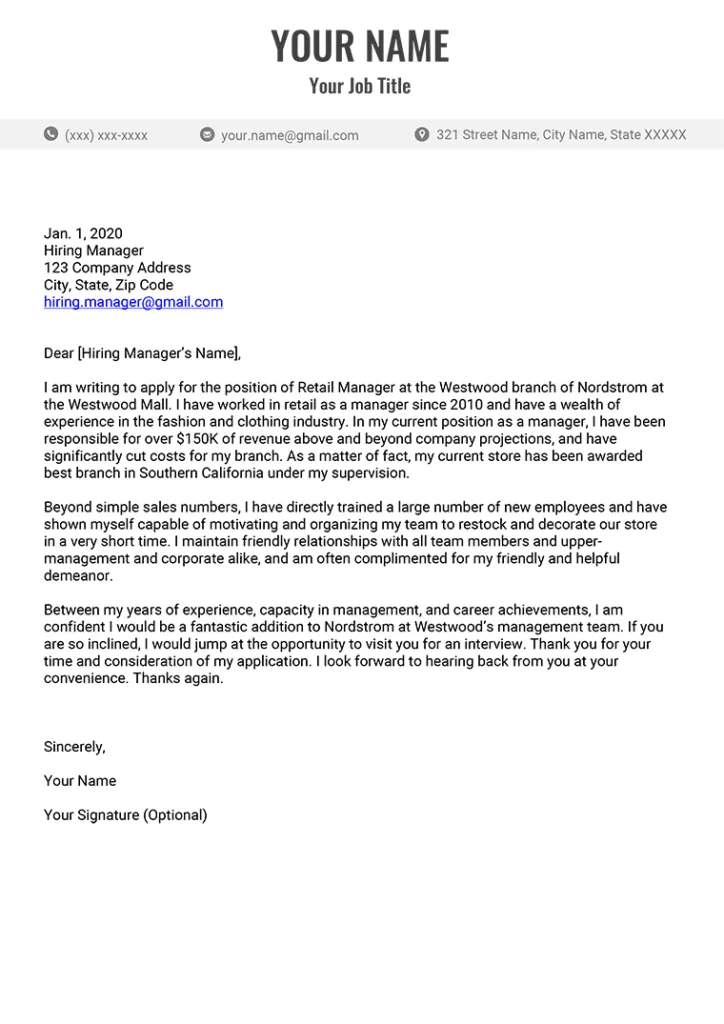
The introductory paragraph is your chance to make a strong first impression. Begin by stating the position you are applying for and where you found the job posting. Then, immediately capture the reader’s attention by expressing your enthusiasm for the role or the company. You can briefly highlight a key skill or achievement that aligns with the job requirements. Make it clear why you are interested in the specific position, and show that you have researched the company and understand their mission or values. Keep it concise and engaging, setting the stage for the rest of your cover letter and encouraging the reader to continue reading. Your goal is to immediately make the recruiter want to know more.
Highlighting Your Skills and Experience
In the body paragraphs, elaborate on your relevant skills and experiences, providing specific examples to support your claims. Focus on the requirements mentioned in the job description and tailor your content to align with the needs of the employer. Use action verbs to describe your accomplishments and quantify your results whenever possible. For instance, instead of saying ‘Managed projects,’ you might write ‘Managed projects, resulting in a 15% increase in on-time project delivery.’ Clearly demonstrate how your skills and experience have prepared you for this role and what value you can bring to the company. By showcasing your achievements and quantifying results, you create a compelling case for why you are the best candidate.
Tailoring Your Letter to the Job
Customization is key to crafting an effective cover letter. Avoid sending generic letters; instead, take the time to tailor each letter to the specific job and company. Research the company’s values, mission, and recent projects to gain insight. Review the job description carefully, identifying the key skills and qualifications that are most important to the employer. Highlight the relevant aspects of your experience and skills, demonstrating how they align with the company’s needs. Show that you understand the company’s goals and can contribute to their success. By demonstrating that you have taken the time to understand the company’s requirements and tailor your letter accordingly, you will significantly increase your chances of securing an interview.
The Closing Paragraph and Call to Action
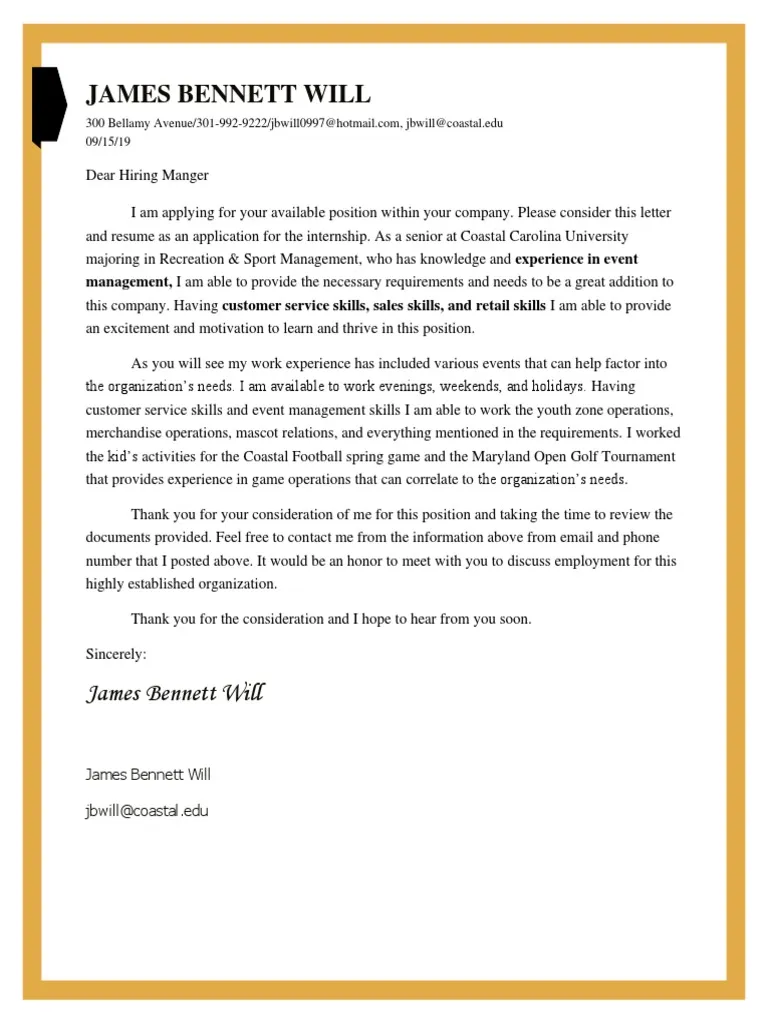
End your cover letter with a strong closing paragraph. Reiterate your interest in the position and express your enthusiasm for the opportunity. Include a clear call to action, such as requesting an interview or stating your availability to discuss your qualifications further. Thank the hiring manager for their time and consideration. Keep your closing concise and professional, leaving a positive and memorable impression. This final section should reinforce your qualifications and signal your readiness to take the next step in the application process. End with a professional closing like ‘Sincerely’ or ‘Best regards,’ followed by your typed name.
Job Cover Letter Examples for Different Industries
Cover letters vary depending on the industry and type of role. Let’s look at some examples, each tailored for a specific profession. The goal is to highlight the skills and experiences that best fit the particular requirements of the job and to demonstrate the applicant’s understanding of the industry’s needs. Remember to always adjust the content to match the specific job description.
Cover Letter Example for Marketing Jobs
In marketing, your cover letter should highlight your creativity, communication skills, and understanding of marketing strategies. Include examples of successful campaigns you’ve managed and the results you achieved. Emphasize your ability to analyze data, develop marketing plans, and collaborate with teams. Show your understanding of the target audience and how you can contribute to the company’s brand. Use strong action verbs that describe your role, like ‘Developed,’ ‘Implemented,’ and ‘Managed.’ The best marketing cover letters demonstrate both creativity and business acumen. For a digital marketing role, highlight your SEO, social media, and content creation experience. Always mention any specific marketing tools or platforms you’re familiar with.
Cover Letter Example for IT Professionals
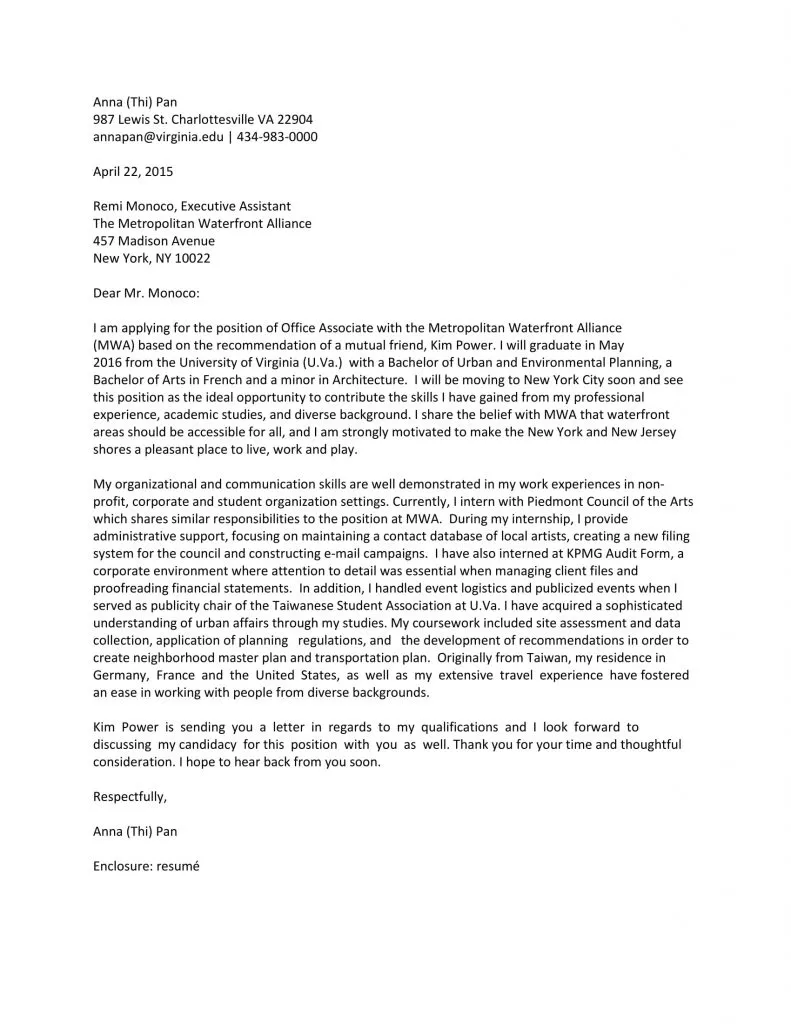
For IT jobs, your cover letter should showcase your technical skills, problem-solving abilities, and experience with relevant technologies. Highlight your experience with specific programming languages, software, and hardware systems. Provide examples of projects you’ve completed and the results you achieved. Mention any certifications or training you’ve received. Demonstrate your ability to work under pressure and collaborate with teams. For example, showcase your understanding of cybersecurity, cloud computing, or network administration, depending on the role. Make sure your cover letter demonstrates your familiarity with the latest technologies and your ability to provide effective solutions.
Cover Letter Example for Healthcare Jobs
In healthcare, your cover letter should emphasize your compassion, attention to detail, and experience in patient care. Highlight your clinical skills, experience with specific medical procedures, and ability to work as part of a team. Mention any certifications, licenses, and your familiarity with medical terminology. Demonstrate your commitment to providing excellent patient care and adhering to ethical standards. Show your understanding of medical protocols and your ability to work in a high-pressure environment. Be sure to highlight your experience in the specific healthcare setting you’re applying to (hospital, clinic, etc.), and include your specific area of expertise, like nursing, physical therapy, or medical assisting.
Common Mistakes to Avoid in Your Cover Letter
Grammar and Spelling Errors
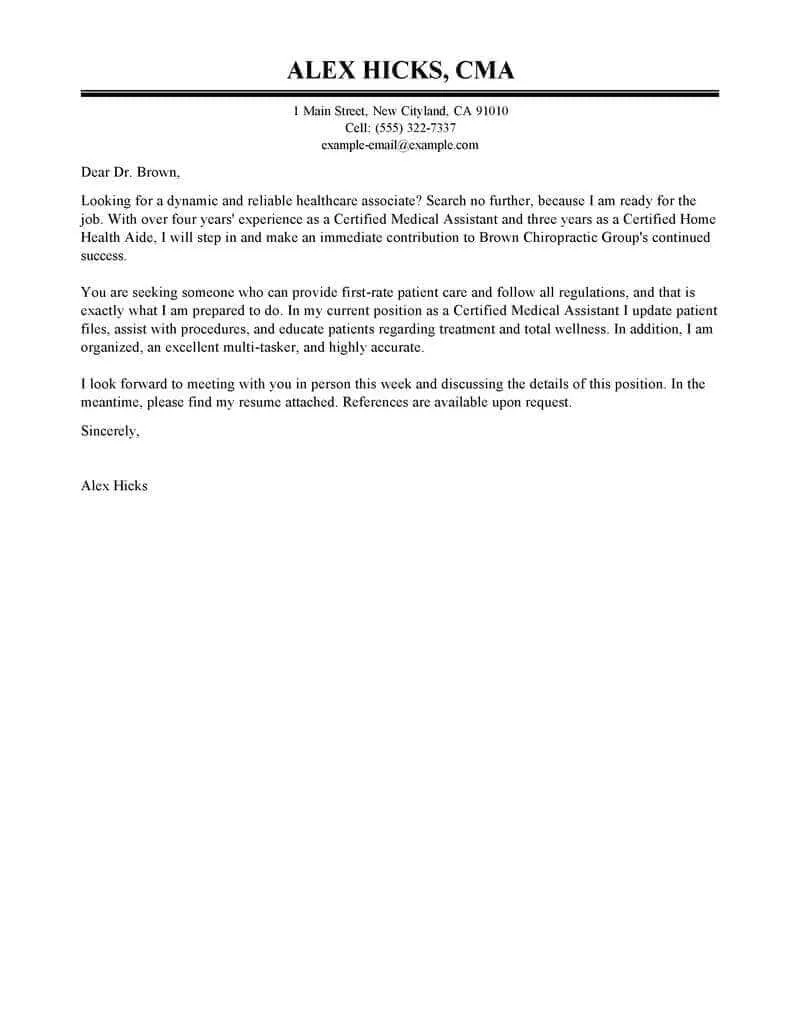
Grammatical errors and spelling mistakes can immediately discredit your application. Proofread your cover letter carefully before submitting it. Use a grammar checker and ask a friend or colleague to review it as well. Ensure that your sentences are clear, concise, and grammatically correct. Incorrect grammar and typos convey a lack of attention to detail and reflect poorly on your professionalism. Also, make sure your formatting is consistent and professional. Poor grammar will make the recruiter question your professionalism.
Generic Content and Lack of Personalization
Avoid using a generic cover letter that could be sent to any company. Tailor each cover letter to the specific job and company. Highlight your skills and experiences in relation to the job requirements, and show that you understand the company’s mission and values. Generic content demonstrates a lack of effort and can make the recruiter believe you’re not genuinely interested in the position. Show that you’ve done your research and that you are genuinely interested in the company. Ensure you specifically mention the company name and position title.
Length and Formatting Issues
Keep your cover letter concise, ideally no more than one page. Avoid using overly complex language or jargon. Use a clear, readable font and formatting. Ensure that your cover letter is easy to read and well-organized. Lengthy or poorly formatted letters can be difficult to read and can detract from your message. Structure your cover letter in an organized way with clear paragraphs, making it easy for the reader to find the key information. Also, keep your font size and style consistent.
Tips for Writing a Standout Cover Letter
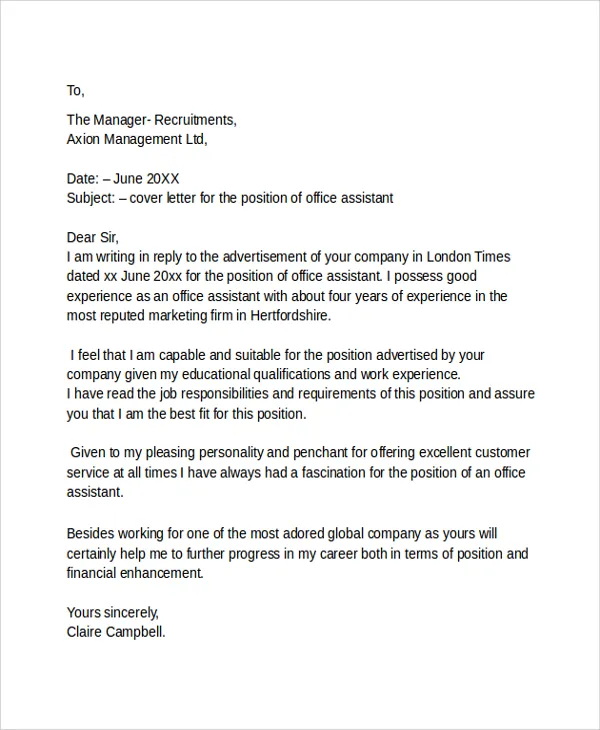
Research the Company and Job Description
Thorough research is essential before writing your cover letter. Understand the company’s mission, values, and culture. Review the job description carefully, highlighting the key skills, experiences, and qualifications that the employer is seeking. Researching the company demonstrates your genuine interest and allows you to tailor your cover letter to meet their specific needs. Make sure you understand the role’s responsibilities and required skills. This will help you align your cover letter’s content to the role’s requirements. Use the research to reflect how you fit in and how you can contribute to their company.
Use Action Verbs and Quantifiable Results
Use strong action verbs to describe your accomplishments and responsibilities. Instead of simply stating what you did, provide specific examples and quantify your achievements whenever possible. For example, instead of writing ‘Managed social media,’ write ‘Managed social media accounts, increasing follower engagement by 30%.’ Quantifying your results and using action verbs makes your cover letter more impactful and highlights the value you can bring to the company. Action verbs help to paint a clear picture of your contributions, showcasing how you will be beneficial to the company. Moreover, use metrics to show the outcomes of your actions.
Proofread and Edit Your Letter
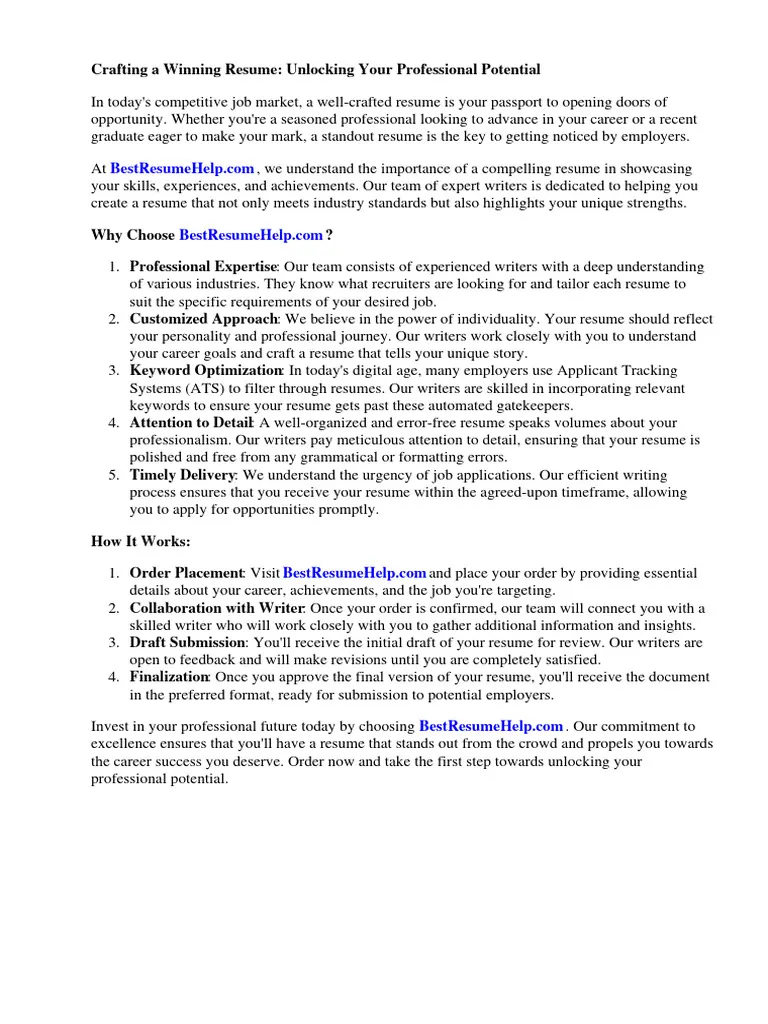
Always proofread and edit your cover letter carefully before submitting it. Check for grammar, spelling, punctuation, and formatting errors. Ask a friend, family member, or career counselor to review your cover letter for a fresh perspective. Typos and grammatical errors can undermine your credibility and detract from your qualifications. Ensure your cover letter is polished and error-free to make a positive impression. A clean and well-edited cover letter indicates that you pay attention to detail, which is highly regarded in professional settings. The cover letter should be error-free to reflect professionalism.
Final Thoughts on Cover Letter Examples
Cover letters are a crucial part of your job application, offering a chance to introduce yourself and showcase your skills. By using the job cover letter examples and following the provided guidelines, you can significantly improve your chances of landing an interview and ultimately securing your dream job. Remember to tailor each cover letter to the specific job and company, highlighting your relevant skills and experiences. Always proofread and edit your letter for accuracy and clarity. A well-written cover letter is your key to making a lasting first impression and moving forward in the hiring process.
